Many people across the globe are forced to seek asylum in far away places for fear that their sexual orientation or gender identity will lead to persecution, prosecution and even death in their home countries.
That risk must generally be proven when requesting asylum.
Spoiler: there's a right way and a wrong way to ask for proof.
Buzzfeed News recently acquired internal documents from Australia's Department of Home Affairs through a Freedom of Information request.
The documents, at their worst, note that some Australian immigration officers asked if asylum seekers could successfully return to their home countries, pretend to be straight, and so avoid persecution.
In 2018, the Department of Home Affairs conducted an internal review of immigration officer performance during the interview stage of an asylum seeker's journey through Australia's immigration apparatus.
A total of 21 interviews occurring between November 2016 and August 2017 were randomly chosen and reviewed.
To humanize and contextualize this, consider that these interviews are the moment when a non-straight and/or non-cisgender person arrives to prove their case. If the interview goes well, the person will be able to remain in Australia, safe to inhabit their identity without fear of violence anymore.
The burden of proof becomes significant in a moment like that.
Does this person need to show that they'd be persecuted at home if they openly expressed their orientation and/or gender, or that they'd be persecuted even if they kept their orientation or identity hidden?
Australia answered this question nearly two decades ago, in a 2003 ruling by its highest court.
At that time, the court heard a claim brought by two gay men seeking asylum in Australia despite remaining in the closet back in Bangladesh. The court ruled that asylum claims based on sexuality must be considered even if it's possible to hide that sexuality in the country of origin.
Officers must, according to that ruling, consider only what would happen if an asylum seeker were openly gay or openly non-cisgender at home.
A decade's passing apparently made that distinction fuzzy.
Four of those randomly chosen 21 interviews include immigration officers asking an asylum seeker if they could keep their sexuality discreet at home and not face persecution.
In two other interviews, asylum seekers were in a heterosexual marriage. Immigration officers cited this and called their homosexual orientation claim into question, effectively a "straight until proven gay" approach.
Both those asylum claims were rejected.
One interview asked the person, "Why do you think you are gay" displaying a clear misunderstanding of how sexuality works.
Ghassan Kassisieh is the legal director for Equality Australia, a national nonprofit organization dedicated to "promoting and protecting LGBTQIA+ rights."
He spoke with Buzzfeed News about the negligent disregard of Australian government policies by the immigration officials.
"Seventeen years after the High Court ruled that applicants must not be expected to remain discreet about their sexuality in order to avoid persecution, 4 out of 21 interviewers seem to have continued down this problematic line of questioning."
"Worse still, applicants who say they remain heterosexually married to avoid bringing shame on themselves and their families, are simply not believed to be gay."
In its conclusions, the official government review acknowledged concerns and dedicated itself to improvement.
"Assessment of LGBTI claims can be difficult, as the evidence is usually limited to the applicant's personal account."
"It is important that the questions asked during the interview assess the credibility of the LGBTI claims, but are also sensitive and not overly intrusive."
The Department of Home Affairs did provide new instructions to immigration officers to ensure interviews were conducted more sensitively.
Kassisieh's response to those changes was positive, but cautious.
"Guidelines are only good if people follow them."
"While the department must be commended for its guidelines, training and quality assurance processes, the results of its audit show that more needs to be done to ensure every applicant is given a fair hearing no matter who is making the decision."

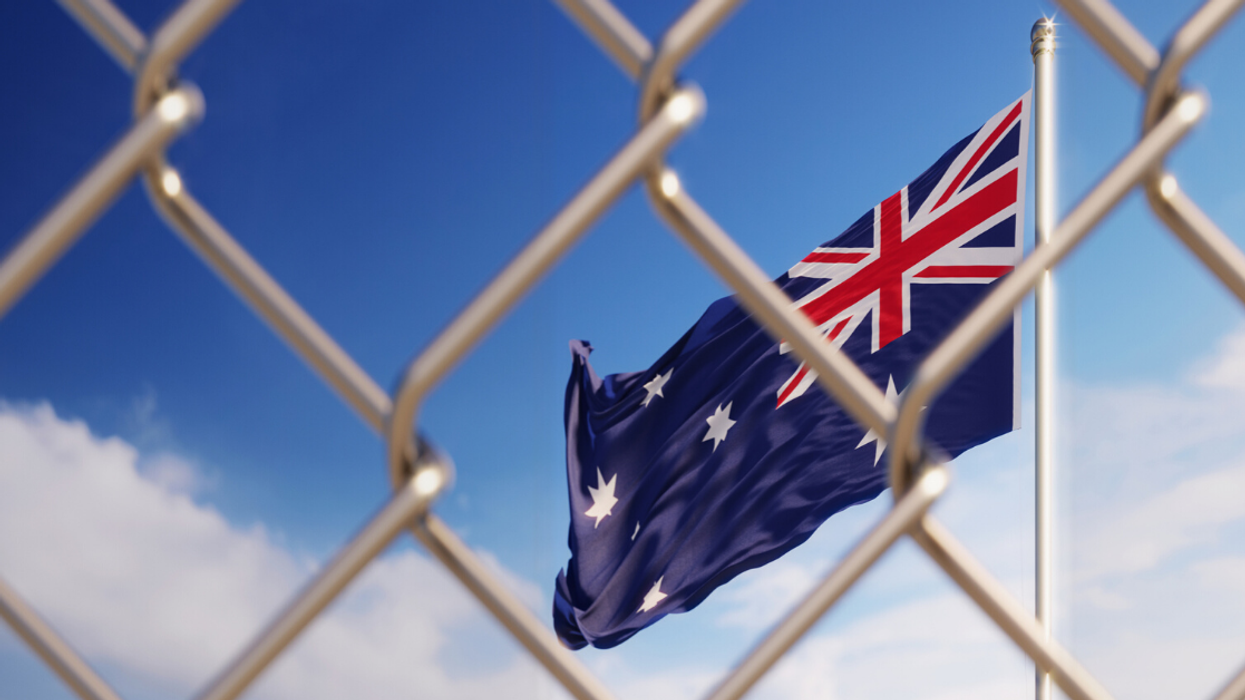

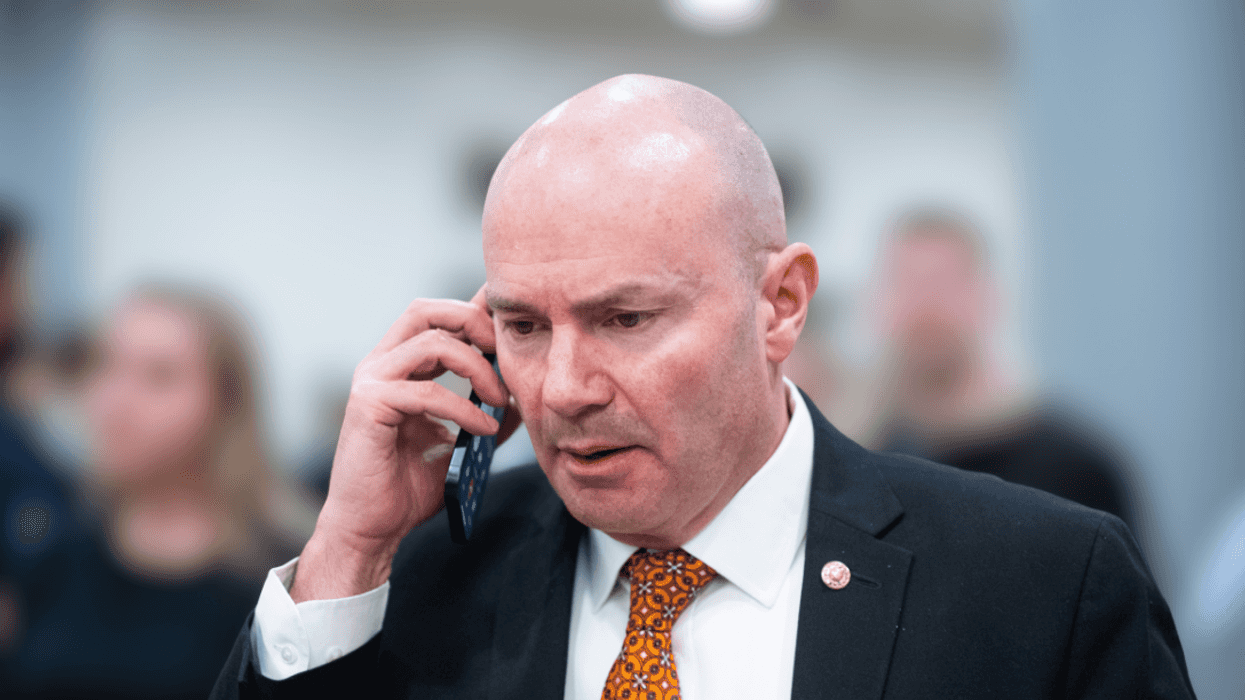



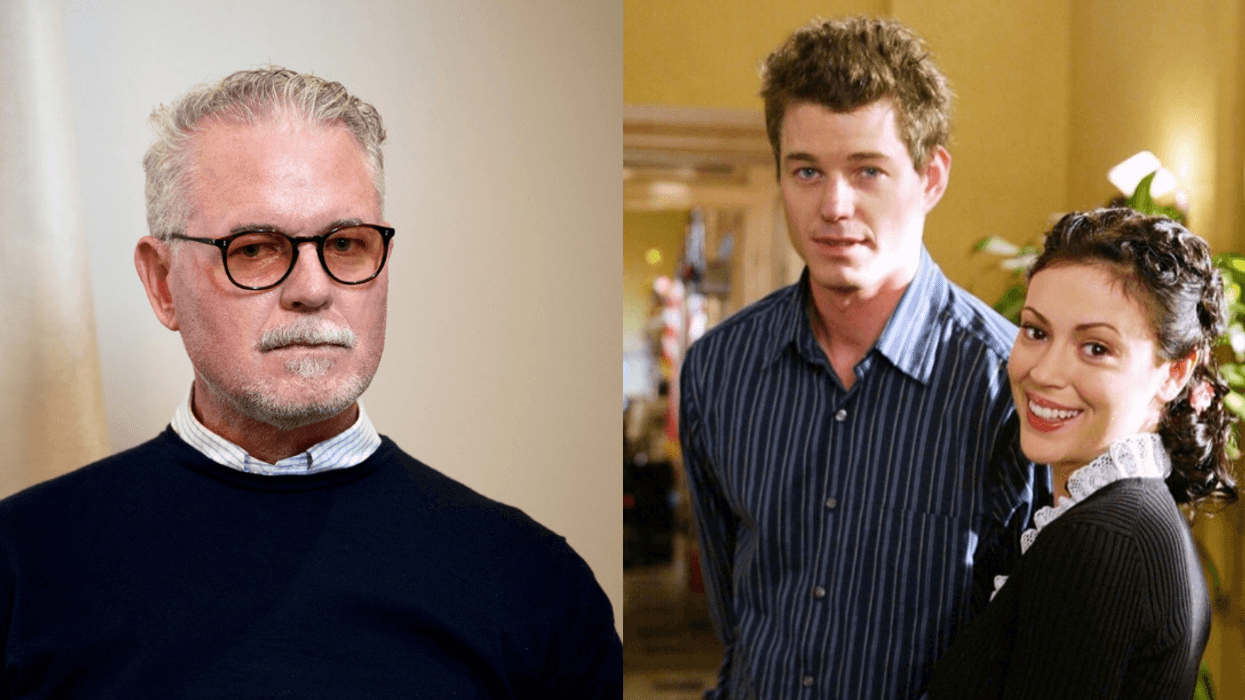
 reply to @milano_alyssa/Instagram
reply to @milano_alyssa/Instagram reply to @rebeccagayheartdame/Instagram
reply to @rebeccagayheartdame/Instagram reply to @milano_alyssa/Instagram
reply to @milano_alyssa/Instagram reply to @milano_alyssa/Instagram
reply to @milano_alyssa/Instagram reply to @milano_alyssa/Instagram
reply to @milano_alyssa/Instagram reply to @milano_alyssa/Instagram
reply to @milano_alyssa/Instagram reply to @milano_alyssa/Instagram
reply to @milano_alyssa/Instagram reply to @milano_alyssa/Instagram
reply to @milano_alyssa/Instagram reply to @milano_alyssa/Instagram
reply to @milano_alyssa/Instagram reply to @milano_alyssa/Instagram
reply to @milano_alyssa/Instagram reply to @milano_alyssa/Instagram
reply to @milano_alyssa/Instagram reply to @milano_alyssa/Instagram
reply to @milano_alyssa/Instagram reply to @milano_alyssa/Instagram
reply to @milano_alyssa/Instagram reply to @milano_alyssa/Instagram
reply to @milano_alyssa/Instagram reply to @milano_alyssa/Instagram
reply to @milano_alyssa/Instagram reply to @milano_alyssa/Instagram
reply to @milano_alyssa/Instagram reply to @milano_alyssa/Instagram
reply to @milano_alyssa/Instagram reply to @milano_alyssa/Instagram
reply to @milano_alyssa/Instagram reply to @milano_alyssa/Instagram
reply to @milano_alyssa/Instagram




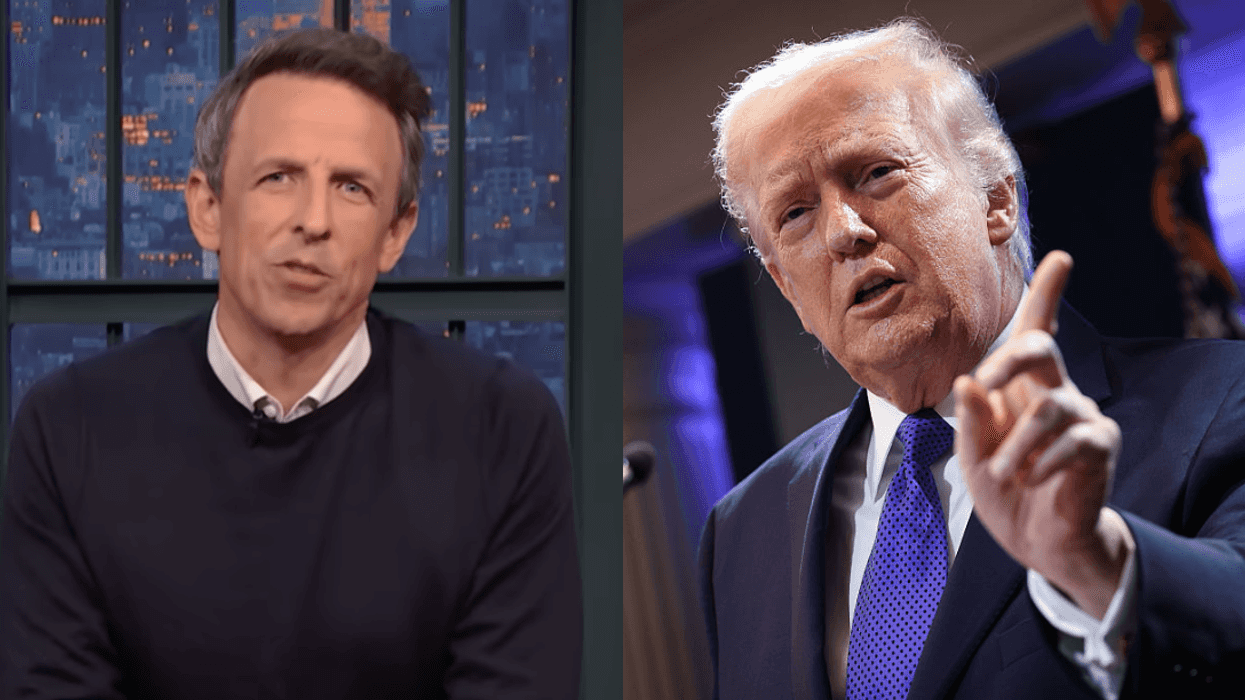
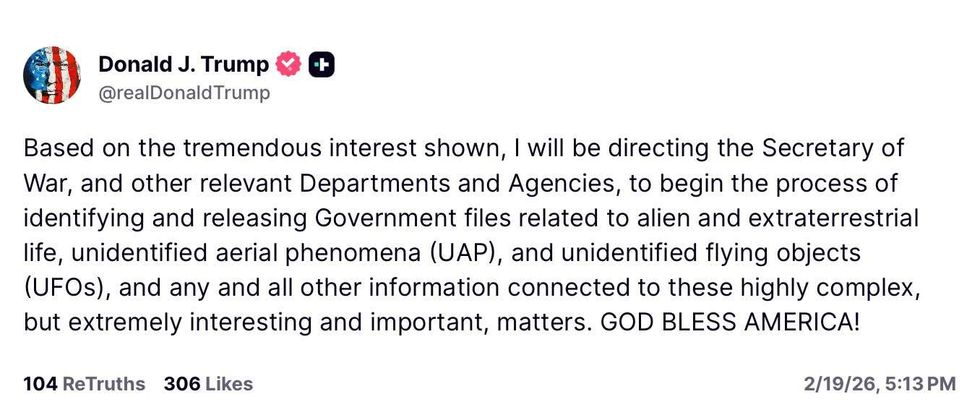 @realDonaldTrump/Truth Social
@realDonaldTrump/Truth Social

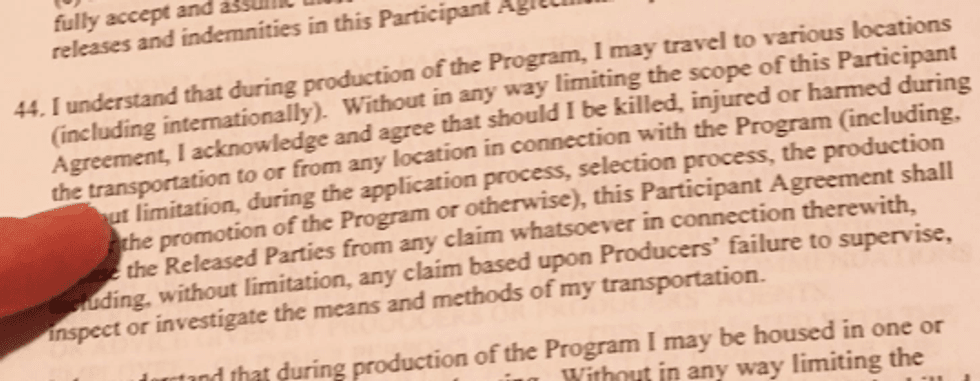 @gutterutterart/Instagram
@gutterutterart/Instagram @gutterutterart/Instagram
@gutterutterart/Instagram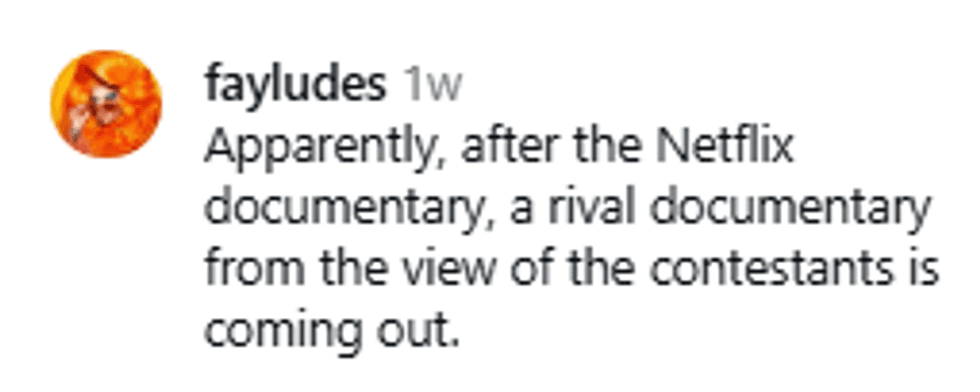 @gutterutterart/Instagram
@gutterutterart/Instagram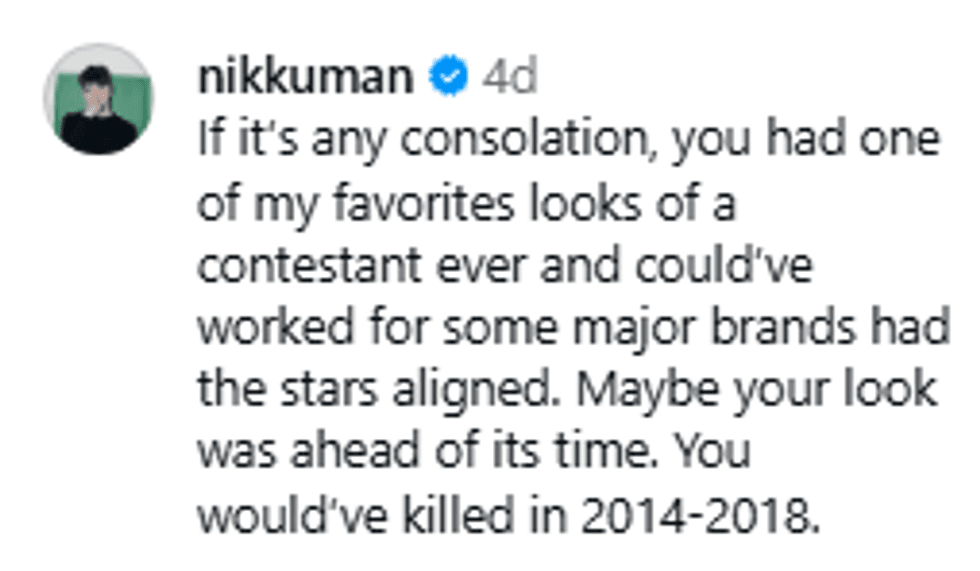 @gutterutterart/Instagram
@gutterutterart/Instagram @gutterutterart/Instagram
@gutterutterart/Instagram @gutterutterart/Instagram
@gutterutterart/Instagram @gutterutterart/Instagram
@gutterutterart/Instagram @gutterutterart/Instagram
@gutterutterart/Instagram @gutterutterart/Instagram
@gutterutterart/Instagram @gutterutterart/Instagram
@gutterutterart/Instagram @gutterutterart/Instagram
@gutterutterart/Instagram